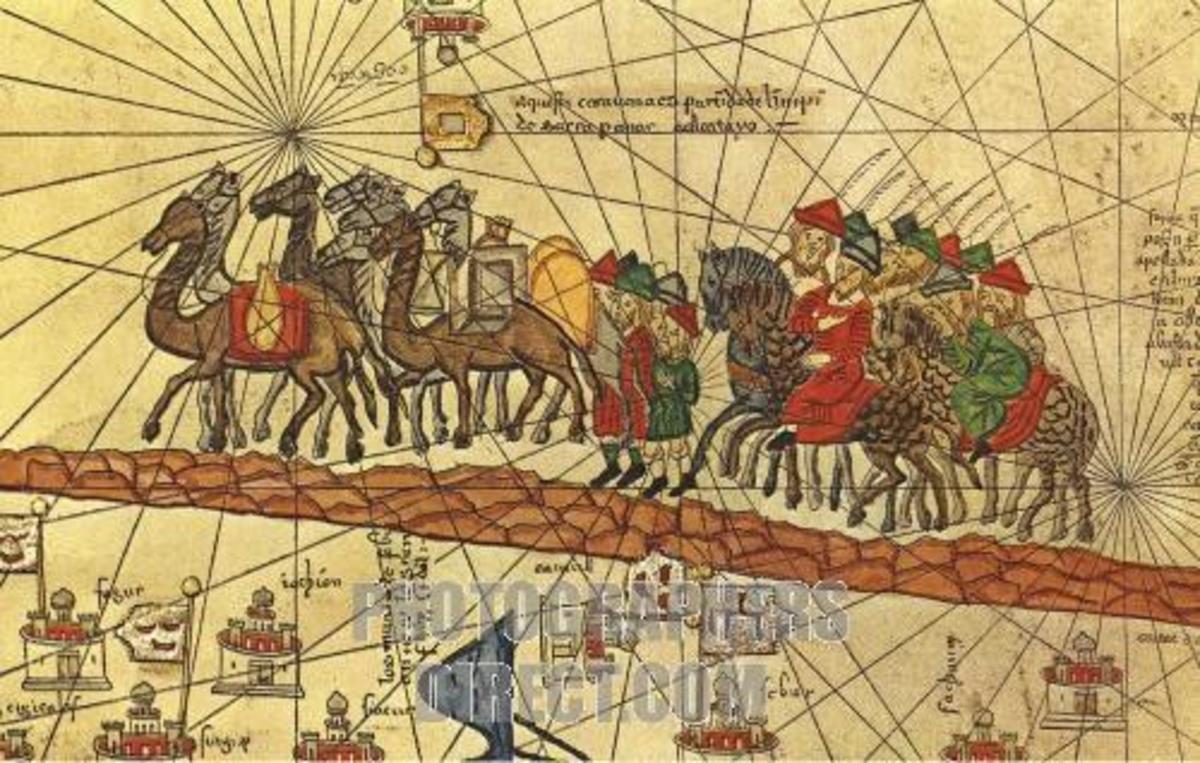Ethics in Business
Since the very inception of civilization, mankind has found itself indulged in the intricacies of business. Humans started making business deals long before the introduction of currency systems. In one form or the other, businesses were a way to sustain sharing or transfer of goods among people. The barter system was the initial, rudimentary and fairly raw business model that the human beings used. This system was the inception of the very concept of business. In this system, one family who had an excess of product “A” used to exchange that product to attain a product “B” from another family. In this way, both families managed to attain the goods that were essential to their survival and the human kind managed to survive as a group. This system was used to exchange cotton for wheat, pottery for rice bricks and spices. Thus, in a nutshell, this system was a way to attain a product that a family lacked and needed for their survival. And this required product was acquired at the expense of a product that they already had in plenty. This system was particularly useful in the early days of human civilization when there were no established markets. At that time, each household barely managed to cultivate one crop in a season, and all their efforts were used to sustain and cultivate that crop. Even if a family managed to produce a particularly good harvest of corn, come winter, they can’t survive without warm clothing, so they had to exchange some of their corn for the much-needed cotton. So, business, even in its crudest form, managed to sustain life on this planet, even in the most desperate of the times.
We, human beings are social beings. Our survival is linked with existing in the groups in the form of society. And as specified in the previous section, sharing is the only way a society can continue to survive and thrive. However, in order for sharing to be mutually beneficial, there has to some sort of exchange of goods or services. As the human civilizations grew in their numbers and in their collective wisdom, they developed a more sophisticated method for this exchange to take place. Now, they started to use a currency – in the form of coinage. Every unit of this currency used to carry the same worth all across a particular society. With this innovation, the exchange of goods and service became infinitely easier. This saw the inception of the communal markets. As human civilization began to progress, the populations started to concentrate in cities. In this way, the businesses became more and more integral to the survival of human societies and civilizations.
Fast forwarding to the modern day and age, ever since the industrial revolution, the populations have become infinitely more concentrated in the cities and thus, the economies have become infinitely more complex. The barren countries which have oil within their borders are way richer than the countries with vast, fertile plains. Same is the case with industry centered cities. The big cities have to sustain populations of millions of people. The business and trade have now become essential and deep-rooted within the fabric of human civilization. The pretense of business has now expanded beyond everyday essentials. Business and trade deals are now responsible for ensuring our access to food, domestic supplies as well as the necessities and luxuries of modern-day life. In this way, the businesses too, have become complex. Initially, the businesses were nothing more than having a stall in the city center to sell everyday essentials. Those were, indeed, the simpler times. As they say, necessity is the biggest motivation behind any invention. With time, the towns kept growing bigger and bigger until they became behemoth cities with millions of people. The businesses had to take the brunt of all this. The businesses had to adjust to this large-scale transformation in the human way of living, the businesses had to become more and more efficient, they had to forecast needs of consumers so that they have to meet them later and the list of these complexities goes on. Even the simplest of business setups have now become large scale companies, corporations, and suppliers. The merchants of the old day have now become businessmen, and now they have to cater to the terms like warehousing and supply chain management.
One might say that twenty-first-century businesses have changed. But, actually, phrasing it like that will be a fairly incorrect assessment. Businesses haven’t changed. They have just transformed. The stakes are the same. Just like they were at the very beginning of human civilization. What would have happened if all the wheat merchants had failed to appear in the city center for three consecutive months? The answer is that people would have had faced adverse effects. Same is the case with modern day businesses. What would happen if your distilled water supplier doesn’t come for three days? What would happen if the wheat importer of a country messes up the calculations or the shipping operations? Much like everything else around us, modern day businesses haven’t changed in their essence, however, the stakes have been raised to a whole new level and there is almost no margin of error in modern day and age. Consequences of failure of any type are now much more pronounced. If anyone needs proof of this argument, one can refer to the dynamics of the 2008 global financial crisis. The negligent lending of Bear Sterns and Lehman Brothers took the entire global financial system to the very brink of the collapse. How a bubble in American Housing Market led millions of Chinese businessmen to go bankrupt. The well-being of financial institutions of a country, as well as the entire global financial system, is now closely intertwined. So, in modern day business, there is a strong need to fulfill ethical responsibilities, to have a moral compass, and to exhibit responsible behavior. Because the stakes are indeed very high.
© 2019 Fawad ul Hassan








